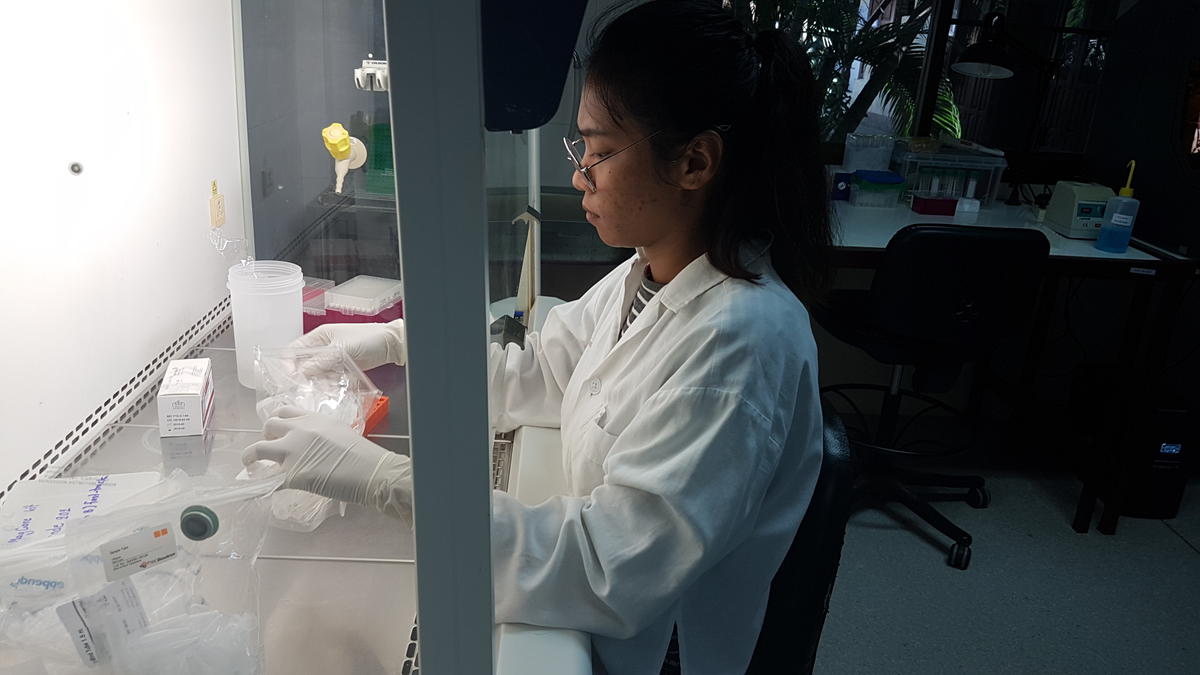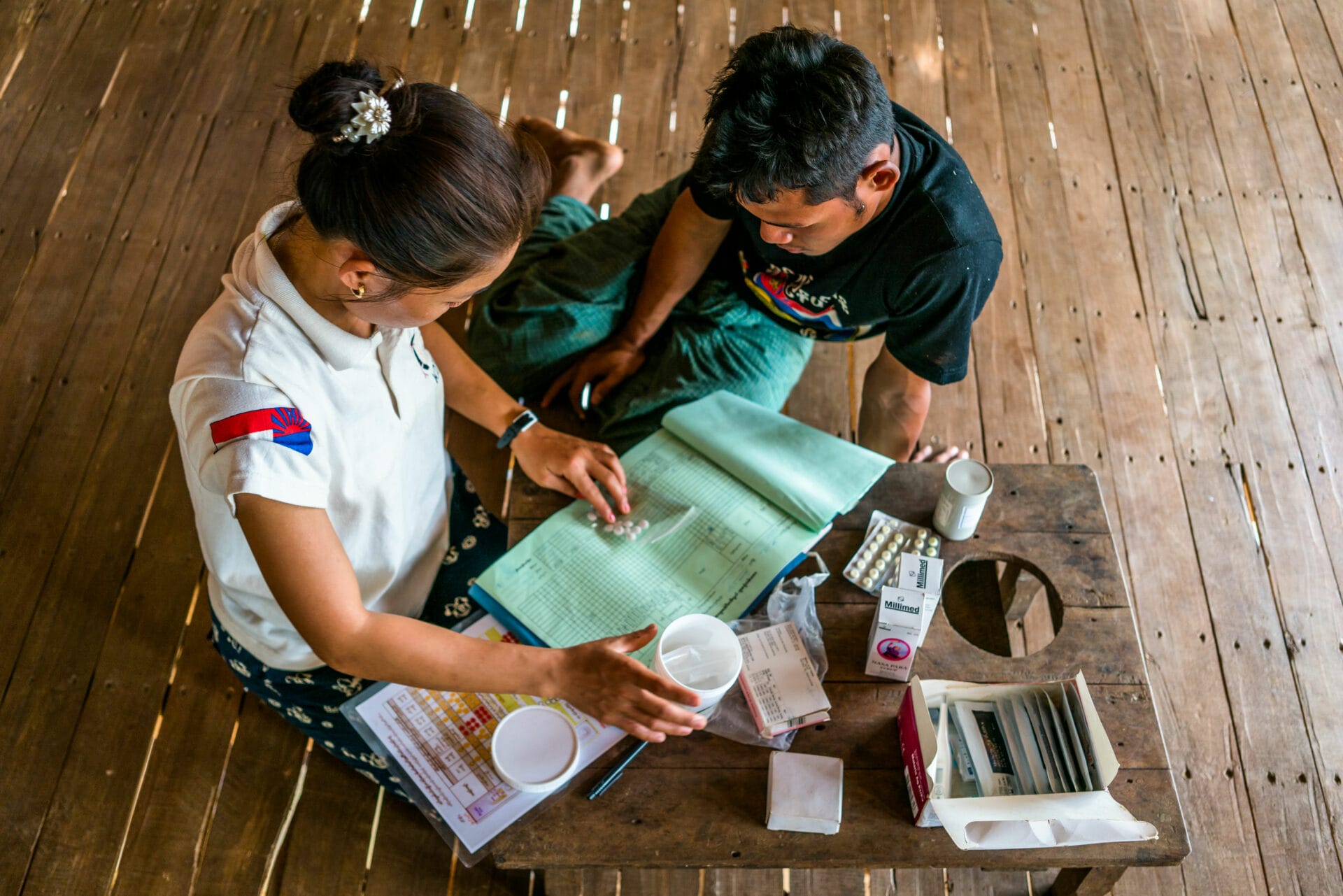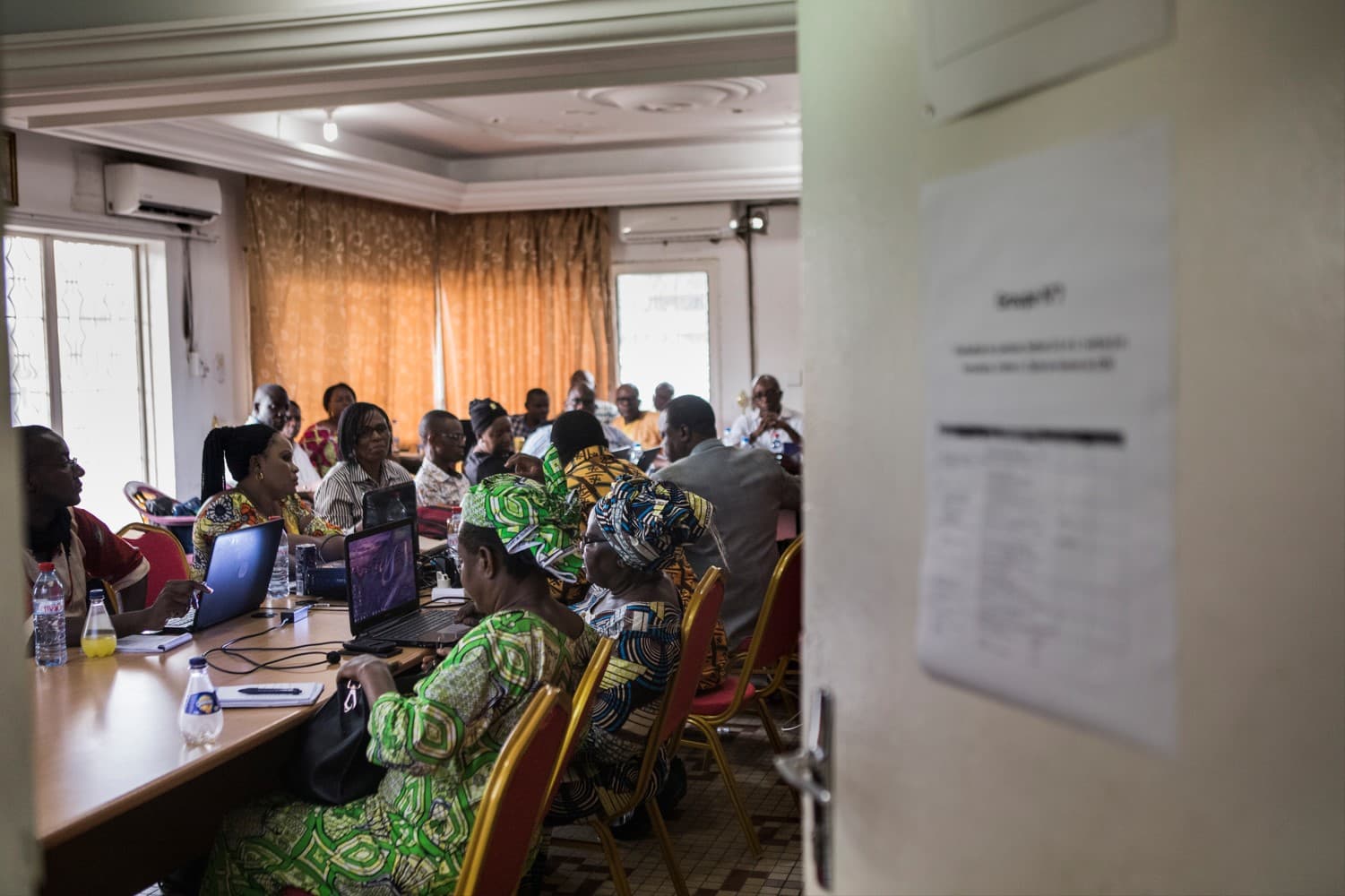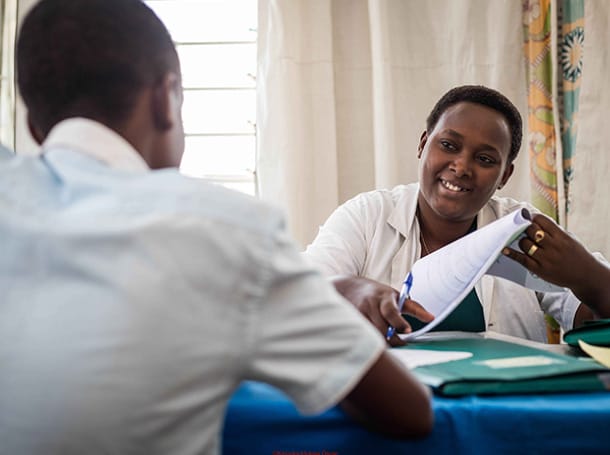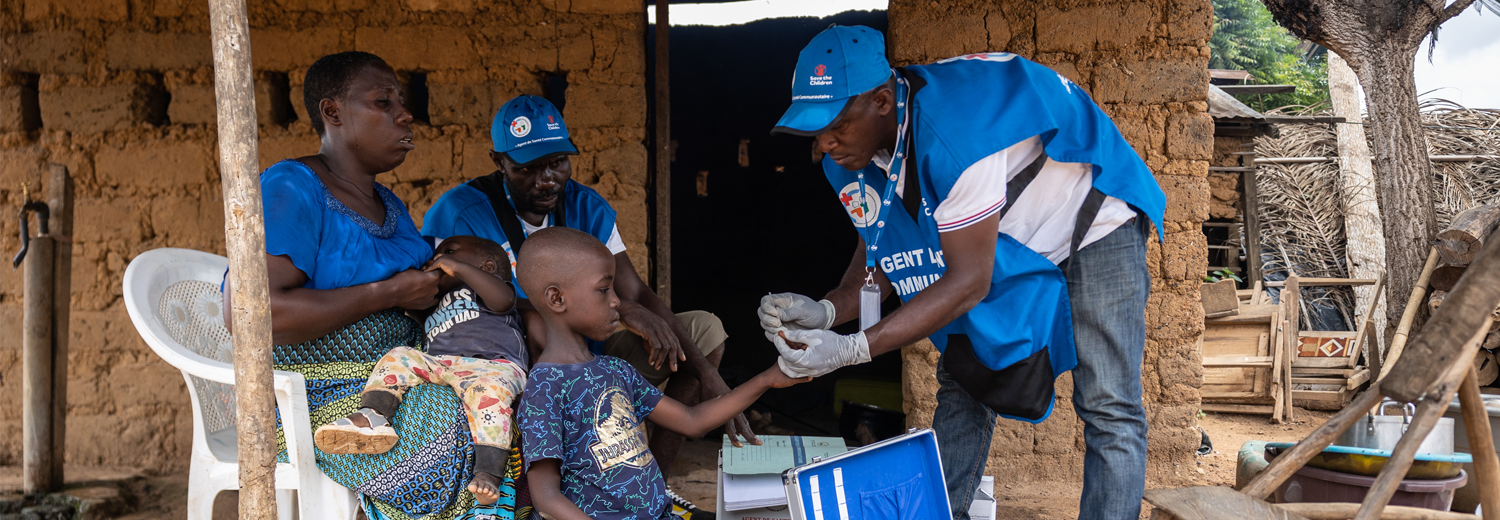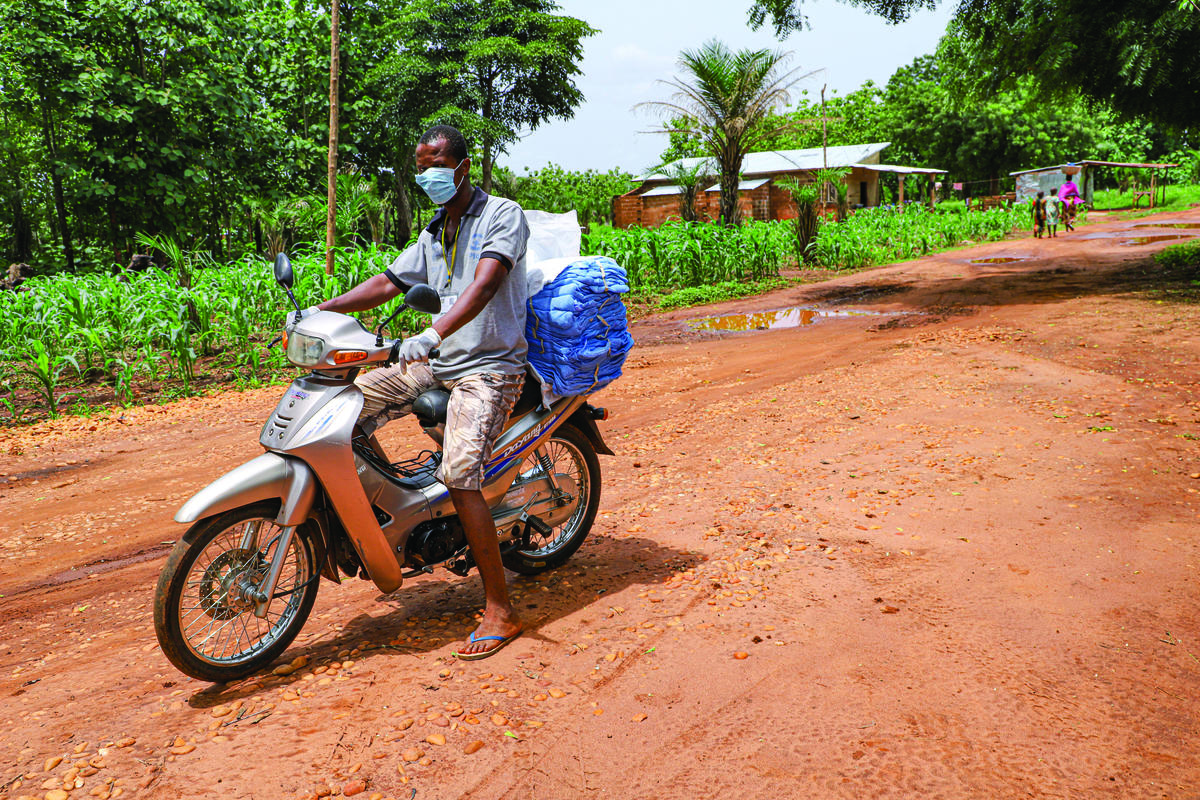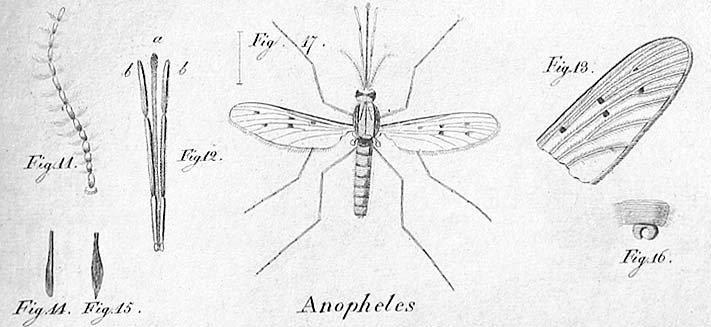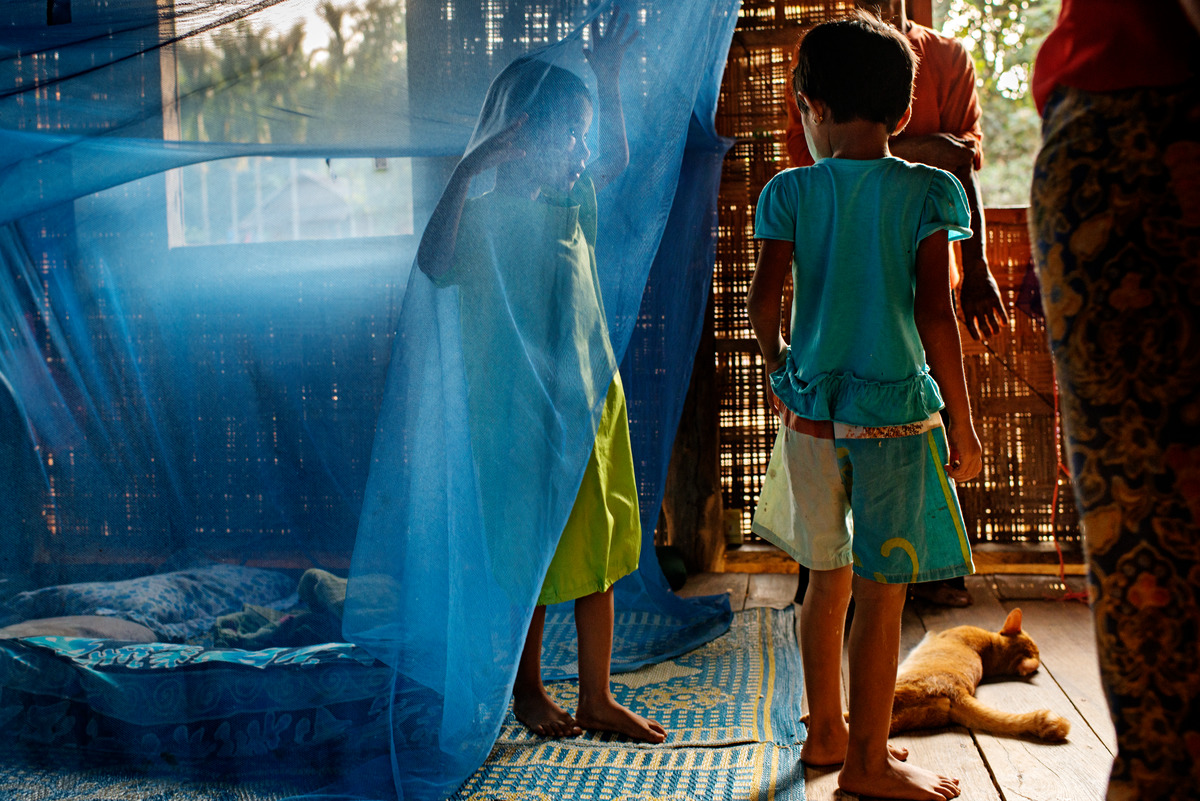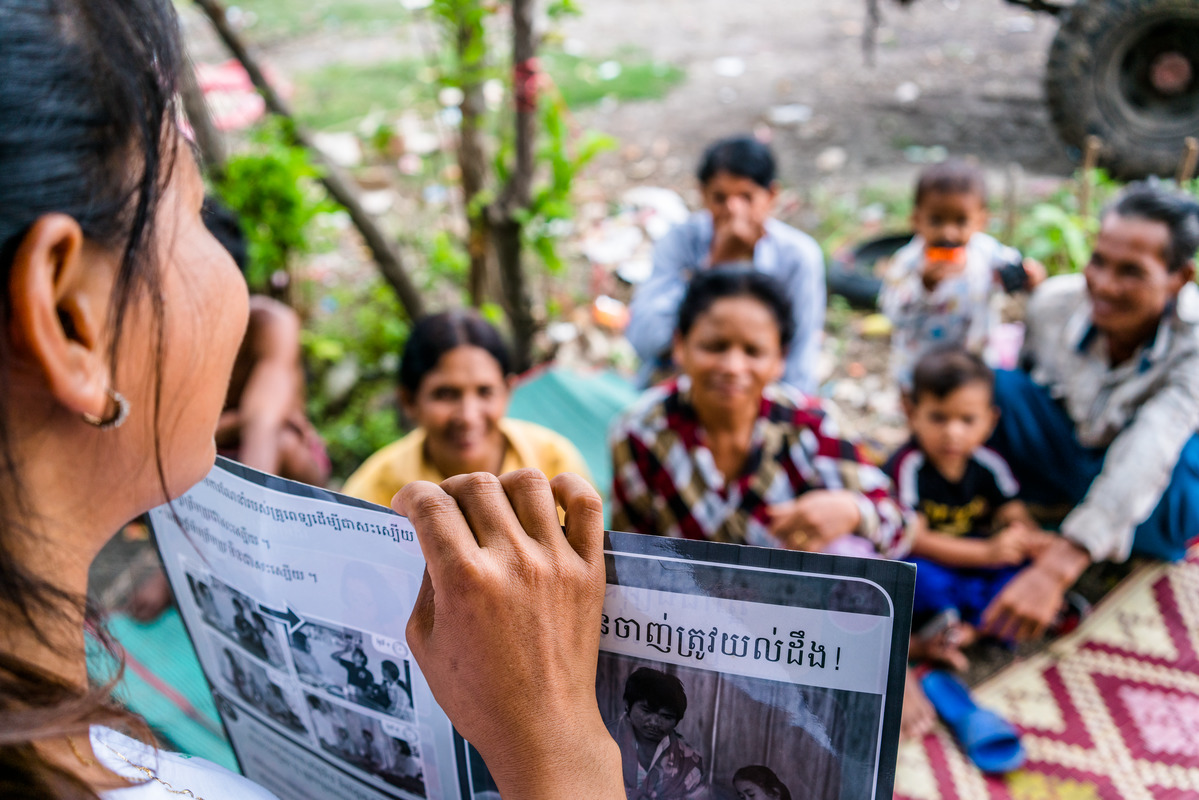The role of operational research in controlling malaria is essential to achieving global objectives.
L’Initiative supporting operational research on malaria
There are many proven prevention tools and strategies and an arsenal of effective diagnostics and treatments to prevent and treat malaria. Over the past two decades, improved access to such resources has had a major impact on reducing global malaria morbidity.
Nevertheless, in recent years, progress has slowed and even stalled, particularly in Africa, the continent most affected by the disease. Resistance to antimalarials is a major threat to global malaria control efforts. Recent studies have revealed cases of drug-resistant malaria and a mutation of the parasite’s antigen, which is screened using rapid detection tests and produces many false negatives.
Responding to the emergency
Consequently, urgent action is needed to put the world back on track to meet the targets of the global malaria control strategy, to reduce the incidence rate and malaria mortality by at least 90% by 2030 compared to 2015.
New tools and methods are needed to tackle the challenges posed by the parasite’s development and growing drug resistance. It is for this reason that L’Initiative supports operational research. By evaluating new responses to pandemics, operational research programs provide scientific evidence with a view to scaling up these responses.
In 2020, L’Initiative put out a call for operational research projects to test strategies to improve access to and the quality and efficiency of malaria prevention, diagnosis, and management services in the most affected countries. Two of the selected projects are currently being implemented in Burkina Faso, a country where malaria is endemic, particularly from June to October during the rainy season.
Improving conditions for the most vulnerable
The REACT project, implemented between 2016 and 2019, aimed to evaluate the effectiveness of four tools in addition to long-lasting insecticidal nets to combat residual malaria transmission in rural areas of Burkina Faso and Côte d’Ivoire. While the project demonstrated the effectiveness of the tools tested, such as indoor residual spraying of insecticides, it also highlighted vulnerable population groups’ difficulties in accessing prevention, diagnosis, and medication, with only one malaria case in six resulting in a medical consultation in the study areas.
The second part of the project, REACT2, was designed on the basis of this finding. Financed by Expertise France through L’Initiative and supported by the Research Institute for Development (IRD), it aims to study the impact of setting up mobile medical and prevention teams supervising community health workers in rural communities. The operation is being rolled out progressively in target villages to compare its effectiveness against villages where the operation has not yet been implemented. The study data will be used to determine whether the mobile teams’ assistance to community workers is actually improving malaria management in the villages concerned.
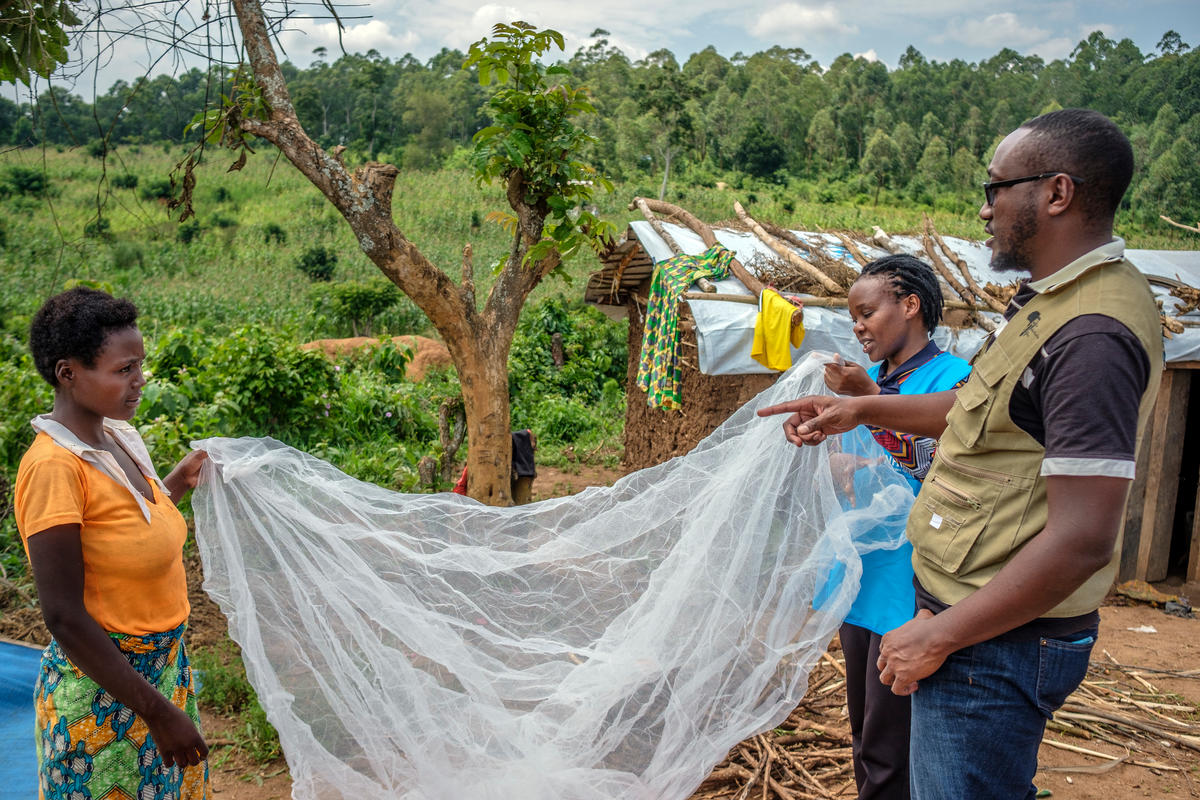
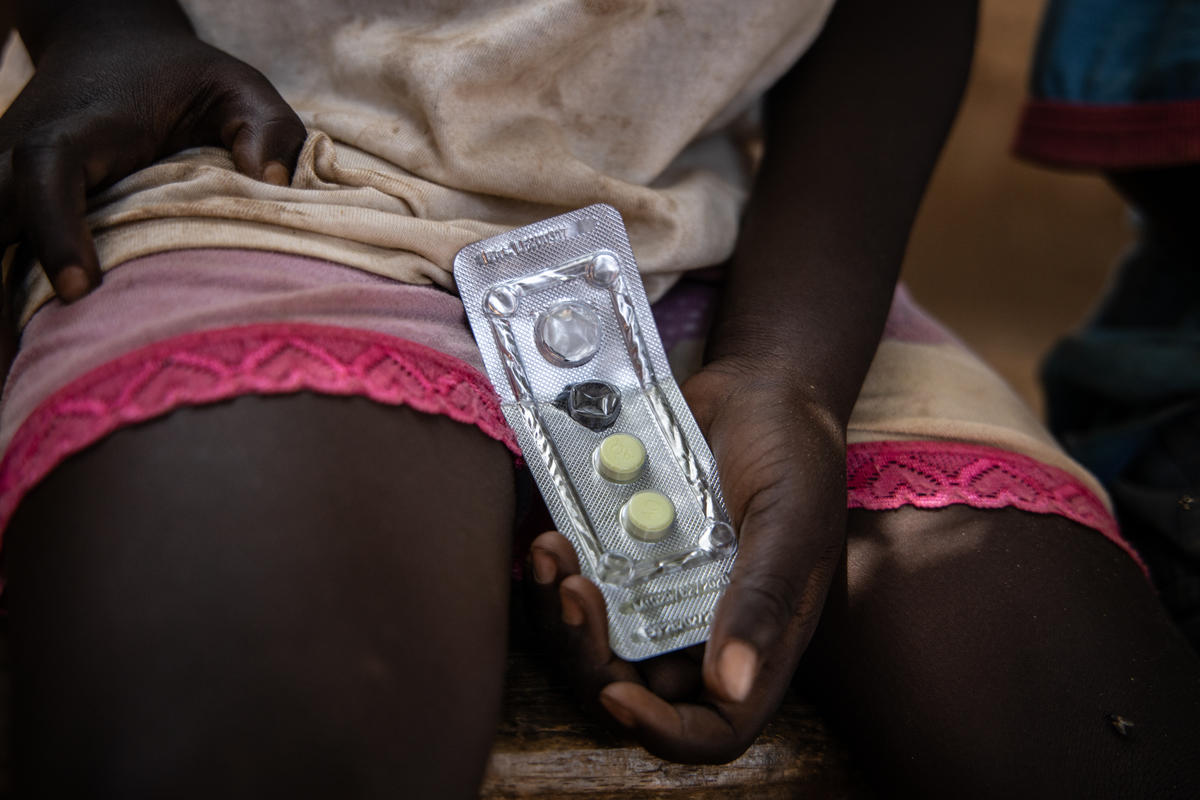
Improving screening to control malaria more effectively
The second operational research project financed by L’Initiative in Burkina Faso seeks to increase the impact of seasonal malaria chemoprevention (SMC) on children under five years of age, a group particularly vulnerable to malaria. The project involves screening and treating household members who sleep alongside children treated with SMC, even when asymptomatic, in order to reduce the circulation of plasmodium and reduce the parasite reservoir.
“That’s the main aim of this study underway in the Nanoro health district,” explains Paul Sondo, a researcher at the Health Sciences Research Institute (IRSS), which is carrying out the project. “The SMC is a promising strategy that has been implemented in Burkina Faso since 2014. However, the country’s malaria burden remains high among under-fives. This suggests that other factors are hindering the operation’s effectiveness, such as the failure to treat the many individuals within households who are asymptomatic carriers of the parasite.”
The program, conducted over two four-month periods, targets 526 households with children aged between three months and five years of age. These households were randomly assigned to two different groups. In the first group, the children are only given standard SMC. In the second, as well as SMC for children, household members also take a monthly rapid screening test and are given antimalarial treatment if the test is positive. Comparing the two groups’ childhood malaria incidence and infection rates will help determine the effectiveness of the operation.
Paul Sondo says the program is still “in the monitoring phase, but so far, the operation shows the rapid test detection rate is higher in the control group. Consequently, there appears to be a correlation between household members’ positivity rate and children’s resistance to SMC.”
The final outcomes of the study, which will also, “investigate compliance, acceptability to household members, and the cost-effectiveness of the planned operation,” will be published by the end of 2023. If successful, this strategy could be scaled up nationwide and adapted for use in other malaria-endemic countries.
Read the guidance note “Seasonal malaria chemoprevention: where are we ten years on?“
